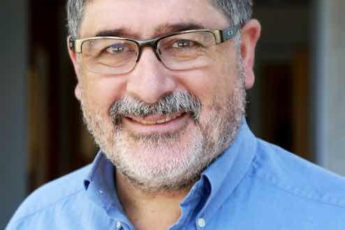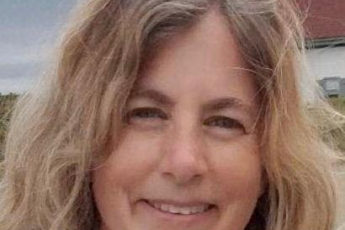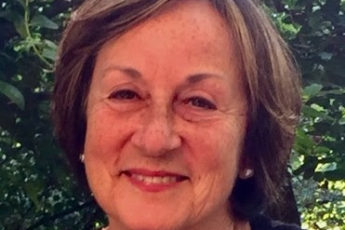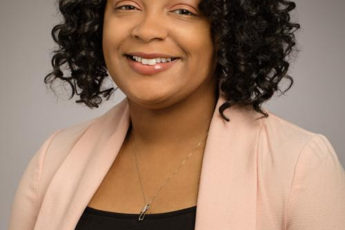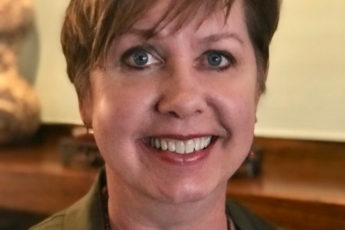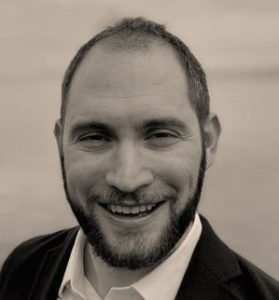 Jonathan Blazek is an astrophysicist, an Assistant Professor at Northeastern University, and a FirstGen Ahead coach for a college junior who has similar interests in physics and astronomy.
Jonathan Blazek is an astrophysicist, an Assistant Professor at Northeastern University, and a FirstGen Ahead coach for a college junior who has similar interests in physics and astronomy.
Jonathan was interested in physics at an early age. He was heavily influenced by his father (a researcher in medical physics and an avid amateur astronomer) and his maternal grandfather, who was also a physicist.
As a child, he was captivated by the stars and space, and his early interests were reinforced by books like “Planetron“ – a series about a boy and his small “toy” spaceship that expanded into a real ship and took him around the galaxy. By the time he went to college, Jonathan knew he wanted to study physics and explore astrophysics. Participating in research during his second and third years of college confirmed that he was hooked on the field. He applied to graduate school to continue his research and earn a doctorate degree.
As a graduate student and then a postdoctoral researcher, Jonathan had a number of important mentors. His doctoral advisor was central in teaching him how to approach problems. He was also fortunate to work with a number of young researchers, where he received peer-to-peer mentoring. After receiving his PhD, he had a couple of very involved and dedicated postdoctoral mentors.
It is because of his experiences – being blessed early on and continuing up to this day with people who have set examples and given him advice – that he is coaching a first-generation college student. Jonathan knows it can be tough for his student to bridge from current interests to enter the world of becoming an astrophysicist. He’s coaching to help be that bridge.
Jonathan’s also motivated to coach to improve representation and inclusion in science/ technology/engineering, and math (STEM) occupations. There’s a “leaky pipeline” in STEM, which means talented students are lost at all stages of education and career development which decreases the likelihood that they with gain employment in these types of jobs. Jonathan says, “Focusing energy on helping younger students is a necessary component to making progress.”
Jonathan’s approach to coaching is to provide practical advice and to demystify the world of physics, higher education, and research. “My goal is to help my student identify a range of opportunities and to help him present himself as strongly as possible,” says Jonathan. He continues, “There is no one ‘right’ path, but it is important to think about your particular path. I hope not to push, just to be a steady hand.”
For first-generation college students considering graduate school, Jonathan advises, “It’s important to think about your desired career and life trajectory and to consider your educational plan in that context. A degree in STEM will open a range of career options.” He continues, “Postgraduate degrees can be valuable, but they aren’t always necessary, and in cases when they are, a master’s degree will sometimes be enough. If you do want to go the academic path, know that even after you get your doctorate, you usually have several years of postdoctoral positions before you will be a competitive candidate for faculty positions, and you don’t always have a lot of control over where you will end up.” Several of Jonathan’s colleagues have had different paths, often with unexpected turns. But, Jonathan says, “Everyone is happy with where their path has taken them, whether in academia, industry or elsewhere.”







